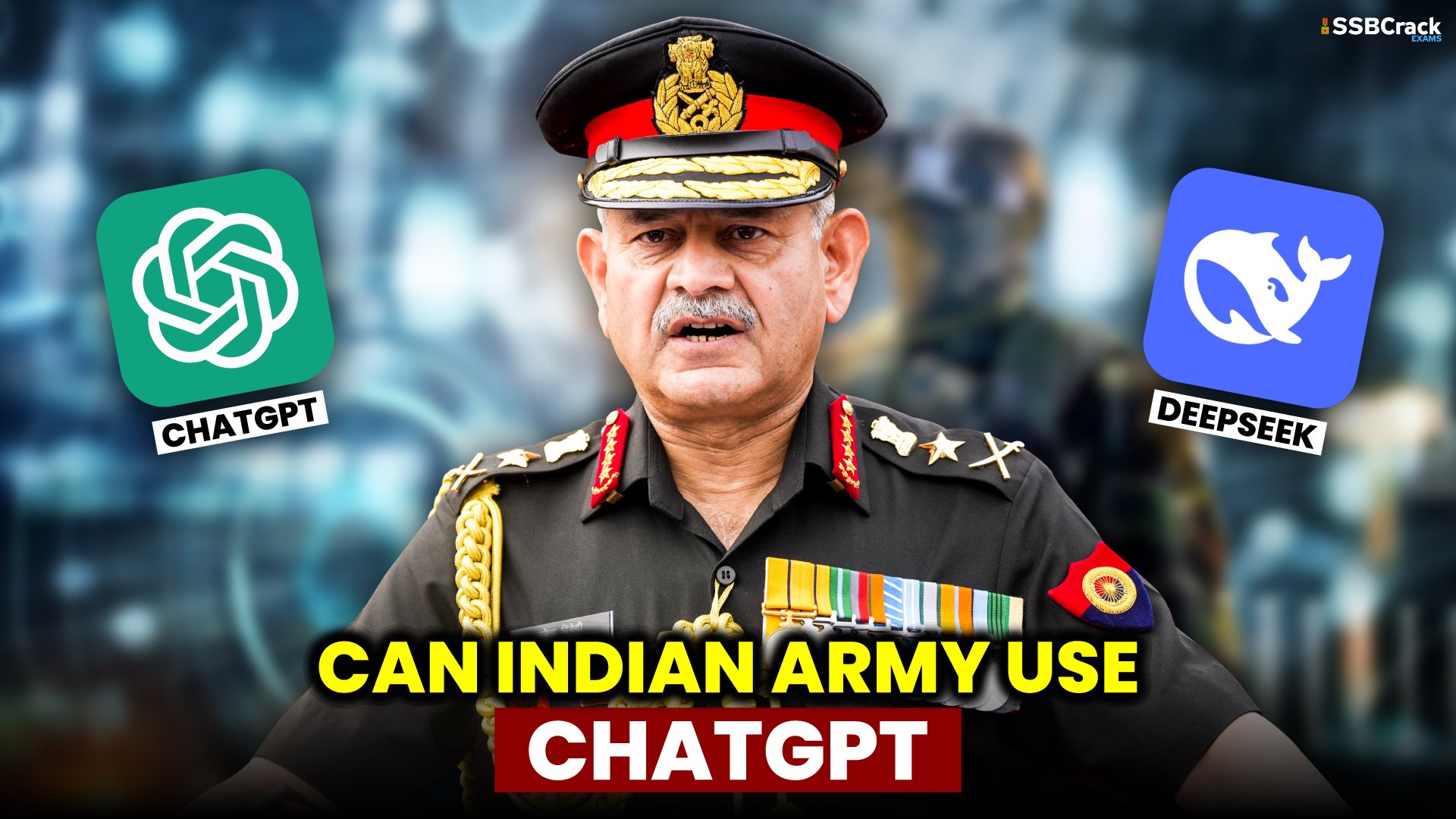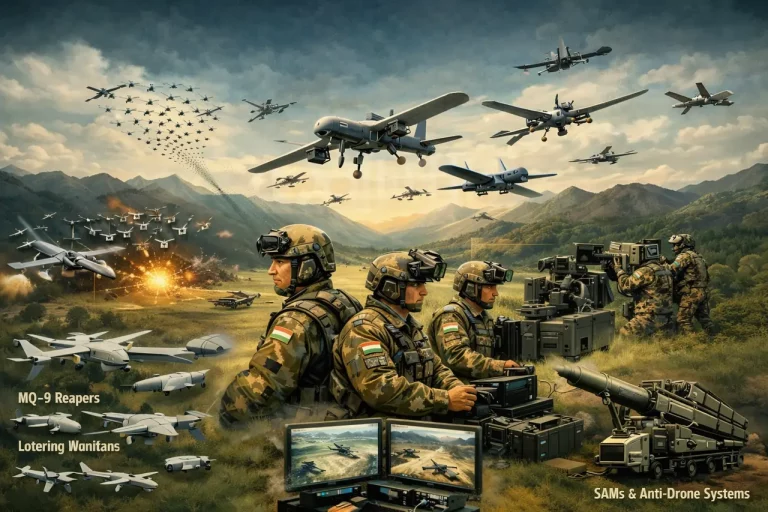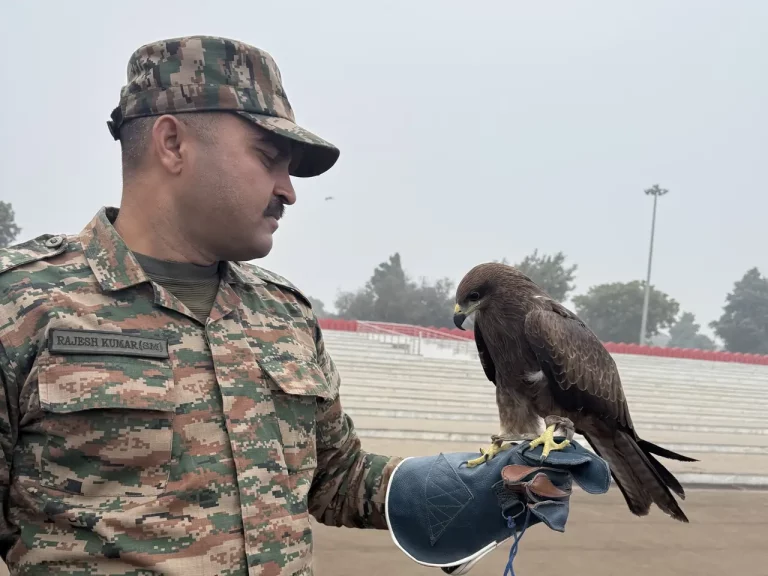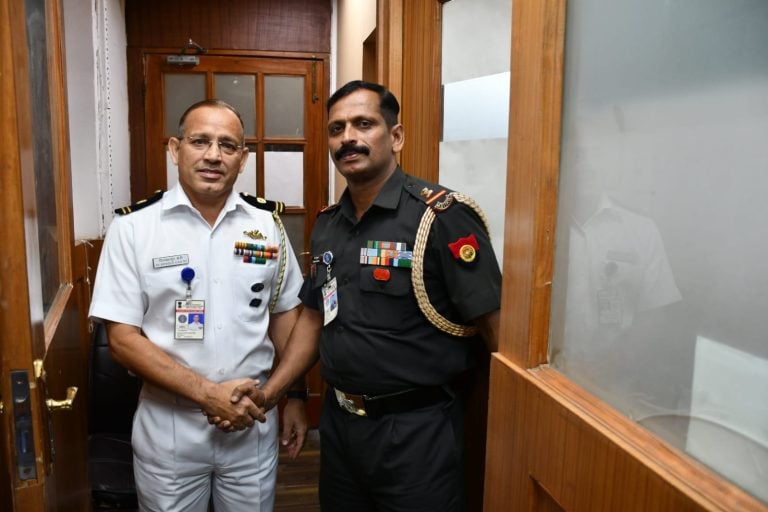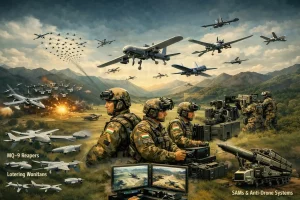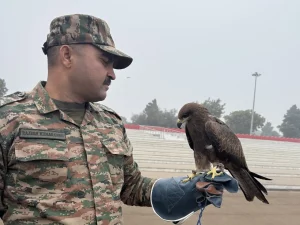In recent months, the rise of advanced artificial intelligence (AI) tools like ChatGPT and DeepSeek AI has sparked significant interest among professionals across diverse sectors. These platforms, known for their impressive natural language processing capabilities and content generation, have garnered attention for their potential applications. However, alongside this excitement comes growing concern regarding data privacy, national security, and the protection of operational secrecy, particularly within government and defence organizations.
Although there are currently no official restrictions on the use of AI applications in the Indian Army, sentiments are shifting towards caution. Army officers are being advised against utilizing these tools, especially for handling official or sensitive tasks. The core concern revolves around operational secrecy; inputting data into AI applications raises the risk of information being processed on servers outside India’s jurisdiction, which could lead to unintended data leaks or breaches.
An officer in the Indian Army holds a critical position where confidentiality surrounding strategic and tactical information is essential. While AI chatbots may seem beneficial for summarizing reports or generating insights, the added risk of exposing crucial internal information largely outweighs the potential advantages, particularly during sensitive military operations.
Recently, the Ministry of Finance has taken substantial steps to mitigate these risks by prohibiting its employees from using AI tools such as ChatGPT and DeepSeek on official devices. A memo from the Ministry’s Department of Expenditure underlined that these tools pose significant risks to government data confidentiality, prompting a call for strict adherence to this prohibition across all departments. This directive reinforces the importance of safeguarding sensitive information, particularly within government and military frameworks.
In this context, DeepSeek is emerging as a notable AI contender. While ChatGPT has garnered widespread recognition for its robust language capabilities, DeepSeek has found a niche due to its low-cost offerings, with its latest AI model marketed at approximately $6 million. Despite its appeal, concerns over privacy and data security have led other countries, including Australia and Italy, to restrict DeepSeek from official use, highlighting the global apprehension surrounding AI systems and their vulnerabilities.
The broader global landscape of AI is evolving rapidly, with regulatory frameworks struggling to keep pace with the swift advancements in machine learning and data science. Even in the United States, where many leading AI models originated, scrutiny over data handling and ethical guidelines for AI implementation has intensified. High-profile figures in the AI industry, such as Sam Altman, CEO of OpenAI, have engaged with international governments to address these concerns and explore responsible AI use.
For the Indian Army, the implications are significant. The confidentiality of operational strategies and military details is paramount; any data breach risks compromising national security. As of now, although there is no formal ban in place regarding the use of AI applications, the cautionary advisories from other government departments suggest a forthcoming formulation of guidelines by the Army to minimize the risk of data leaks.
The potential risk of sharing sensitive information, whether directly or inadvertently, could be exploited by adversaries. Even seemingly innocuous data, such as operational logs or logistical arrangements, may be synthesized to reveal broader intelligence, highlighting the importance of discretion among Army personnel.
Looking ahead, as AI technology continues to advance, opportunities for developing secure, defence-centric AI solutions could emerge. Such systems, designed to operate without dependence on external servers and adhering to strict data security protocols, might enhance operational efficiency while safeguarding sensitive information.
In conclusion, while there is no explicit prohibition on the use of AI platforms like ChatGPT and DeepSeek by Indian Army personnel, the critical nature of operational secrecy effectively discourages their use for official matters. The directive from the Ministry of Finance thus serves as a clear signal of the government’s prioritization of data privacy and national security over technological convenience. Until more robust, government-approved frameworks are established, it is advised that Army officers refrain from using AI tools on official devices or for confidential documents, as the stakes in the defence sector are considerably high.
